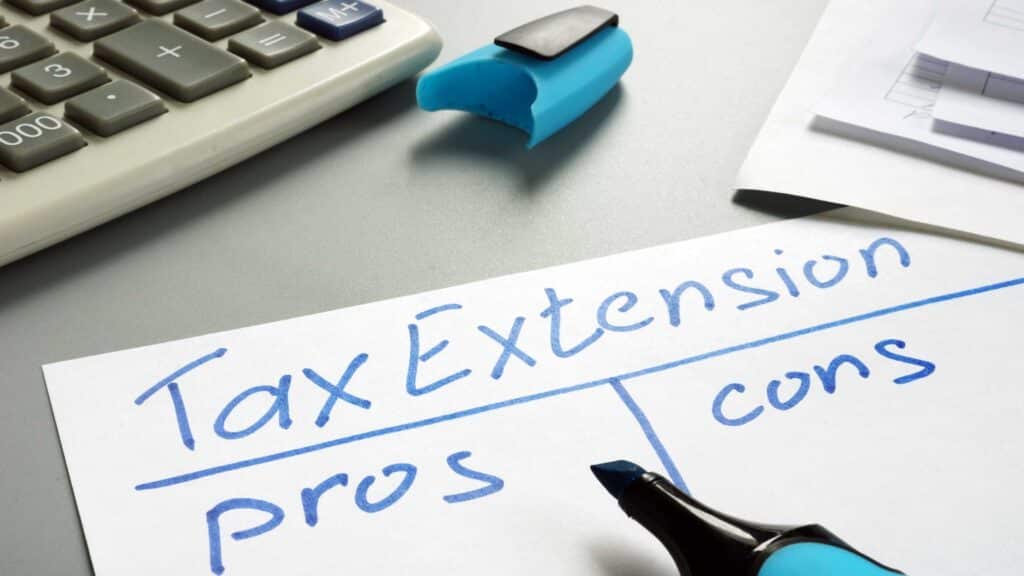Paying taxes with credit: pros and cons

In an era where financial flexibility is more important than ever, the option of paying taxes with credit has emerged as a noteworthy alternative. This method presents both advantages and drawbacks that are crucial for taxpayers to understand.
As with any financial decision, considering the pros and cons of using credit for tax payments is essential. This blog post delves into the details, offering insights to help you make an informed choice.
By the end, you’ll have a thorough understanding of the implications, enabling you to decide whether paying your taxes with credit aligns with your financial strategy.
Understanding Taxes with Credit
Paying your taxes with a credit card is a process that entails settling your tax obligations through a card issuer rather than direct payment from your bank account or check. This method has become increasingly accessible thanks to online payment platforms and the IRS’s acceptance of credit card payments.
Despite its convenience, this option requires thoughtful consideration. Knowing when it benefits you and when it might lead to financial strain is key to making an intelligent decision.
Benefits of Using Credit for Tax Payments
One of the major advantages is the potential for earning rewards. Many credit cards offer rewards, points, or cash back on purchases, including tax payments. If managed correctly, paying a large tax bill with your card could help you accrue significant rewards.
Another benefit is the extension of your payment timeline. Instead of having to pay the lump sum by the tax deadline, you can utilize your credit card’s billing cycle and grace period to extend the payment without incurring late penalties from the IRS.
Additionally, using a credit card can also provide a quick solution to meeting your tax obligations without disrupting your cash flow or dipping into savings.
Drawbacks of Settling Taxes with Plastic
The most glaring downside is the potential for high-interest rates. If unable to pay off the credit card balance promptly, the interest accrued can exceed any rewards earned, making it a costly option.
Transaction fees constitute another drawback. Most payment processors charge a fee, generally around 2%, for tax payments made with a credit card. This could add a significant extra cost to your payment.
Lastly, risking debt accumulation is a critical concern. Relying on credit for tax payments can lead to a slippery slope of debt if not managed meticulously.
Strategic Considerations
Before using your credit card for tax payments, consider the rewards in comparison to the fees and interest rates. Only proceed if the benefits outweigh the costs.
It’s also advisable to have a solid payment plan in place. Ensure you can pay off the balance before interest charges negate any advantage of using your card.
{FAQ}
{FAQ_ITEM}
{FAQ_TITULO}Can I earn rewards by paying taxes with my credit card?{/FAQ_TITULO}
{FAQ_CONTEUDO}Yes, if your credit card offers rewards, points, or cash back on purchases, you can earn these by making tax payments with your card, provided you manage the repayment efficiently to avoid high-interest costs.{/FAQ_CONTEUDO}
{/FAQ_ITEM}
{FAQ_ITEM}
{FAQ_TITULO}Are there fees associated with paying taxes with a credit card?{/FAQ_TITULO}
{FAQ_CONTEUDO}Yes, payment processors typically charge a transaction fee, usually around 2%, for tax payments made via credit card. This fee should be factored into your cost-benefit analysis.{/FAQ_CONTEUDO}
{/FAQ_ITEM}
{FAQ_ITEM}
{FAQ_TITULO}What should I consider before paying my taxes with a credit card?{/FAQ_TITULO}
{FAQ_CONTEUDO}Consider comparing the potential rewards against any transaction fees and interest rates. Also, ensure you have a plan to pay the credit card balance off promptly to avoid accruing high interest. Making payments towards taxes with credit should be approached with financial prudence.{/FAQ_CONTEUDO}
{/FAQ_ITEM}
{/FAQ}
Final Thoughts on Taxes with Credit
Paying taxes with a credit card brings a blend of advantages and disadvantages. It offers a convenient and potentially rewarding method to handle tax payments but carries the risk of high fees and interest rates. Strategic planning and careful consideration are imperative to ensure this decision aligns with your financial health.
By weighing the pros and cons effectively, you can make an informed decision about whether using credit for your taxes is the best move for you. Remember, financial decisions should enhance your situation, not complicate it.
As always, consider consulting with a financial advisor to guide you through your specific situation and help you leverage the best approach for managing your taxes and overall financial strategy.
Choosing to pay taxes with credit is a significant decision. Understanding all implications is vital for ensuring it benefits your financial journey.

Related